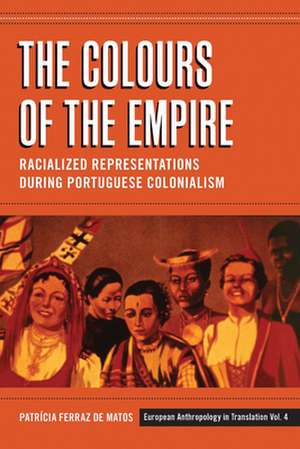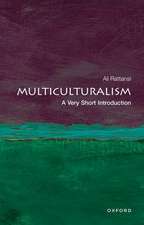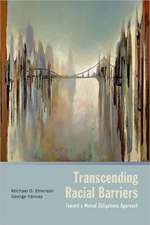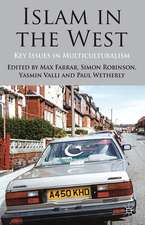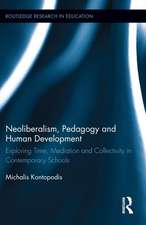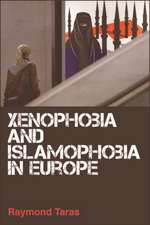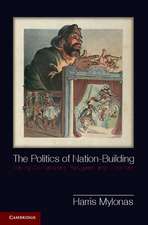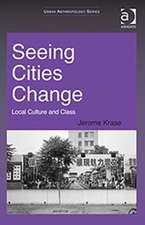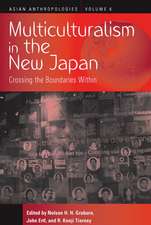The Colours of the Empire: European Anthropology in Translation, cartea 4
Autor Patraicia Ferraz De Matos, Patrcia Ferraz De Matosen Limba Engleză Hardback – 14 ian 2013
Preț: 751.54 lei
Preț vechi: 976.02 lei
-23% Nou
Puncte Express: 1127
Preț estimativ în valută:
143.81€ • 150.45$ • 119.46£
143.81€ • 150.45$ • 119.46£
Carte tipărită la comandă
Livrare economică 02-16 aprilie
Preluare comenzi: 021 569.72.76
Specificații
ISBN-13: 9780857457622
ISBN-10: 0857457624
Pagini: 308
Dimensiuni: 152 x 229 x 18 mm
Greutate: 0.58 kg
Editura: BERGHAHN BOOKS INC
Seria European Anthropology in Translation
ISBN-10: 0857457624
Pagini: 308
Dimensiuni: 152 x 229 x 18 mm
Greutate: 0.58 kg
Editura: BERGHAHN BOOKS INC
Seria European Anthropology in Translation
Notă biografică
PatrAcia Ferraz de Matos is an anthropologist whose work focuses on the history of Portuguese anthropology and Portuguese colonialism. She received the Victor de SA¡ Prize of Contemporary History 2005 from the Cultural Council of the University of Minho, Portugal, when this work was first published in Portuguese. Her doctoral thesis was devoted to analyzing the work of the Portuguese anthropologist Mendes Correia and the production of the Anthropology School of Porto. At present she is a post doctoral researcher in the Institute of Social Sciences at the University of Lisbon where she works on the international networks underlying the forging of scientific knowledge.
Cuprins
Tables and illustrations Acknowledgements Acronyms and abbreviations Introduction Chapter 1. Origins of a prejudice:the roots of racial discrimination The discovery of human variety:early formulations The emergence of 'modern' racism Racialism under attack Chapter 2. Discourse, images, knowledge:the place of the colonies and their populations in the Portuguese Colonial Empire The formation of Portuguese colonialism and 'colonial knowledge' The Colonial Act and the 'creation' of the Indigena Colonial propaganda:'marketing the empire' Colonial representations in primary and secondary school readers Cinema and colonialism in action:moving pictures on colonial themes (1928-53) Recurrent images and prejudices The production of 'anthropological knowledge' of the colonies Racial purity, miscegenation and the appropriation of myths Chapter 3. Exhibiting the empire, imagining the nation:representations of the colonies and the overseas Portuguese in the great exhibitions The age of the great exhibitions Representations of the Portuguese colonies, 1924-31 A 'Guinean village' at the Lisbon Industrial Exhibition (1932) The Portuguese Colonial Exhibition of 1934:concept and objectives Representations of the Portuguese colonies, 1934-39 The Exhibition of the Portuguese World (1940):concept and objectives Colonial representations in Portugal dos Pequenitos The status of the colonized populations at the exhibitions: the exotic vs. the familiar Conclusions Appendix I: Film Appendix II: Texts from the padroes of Portugal dos Pequenitos Bibliography
